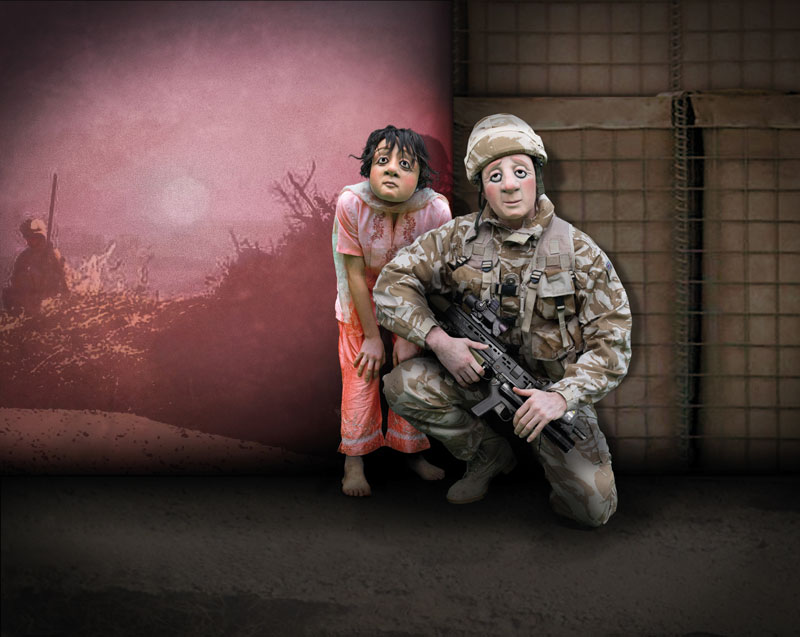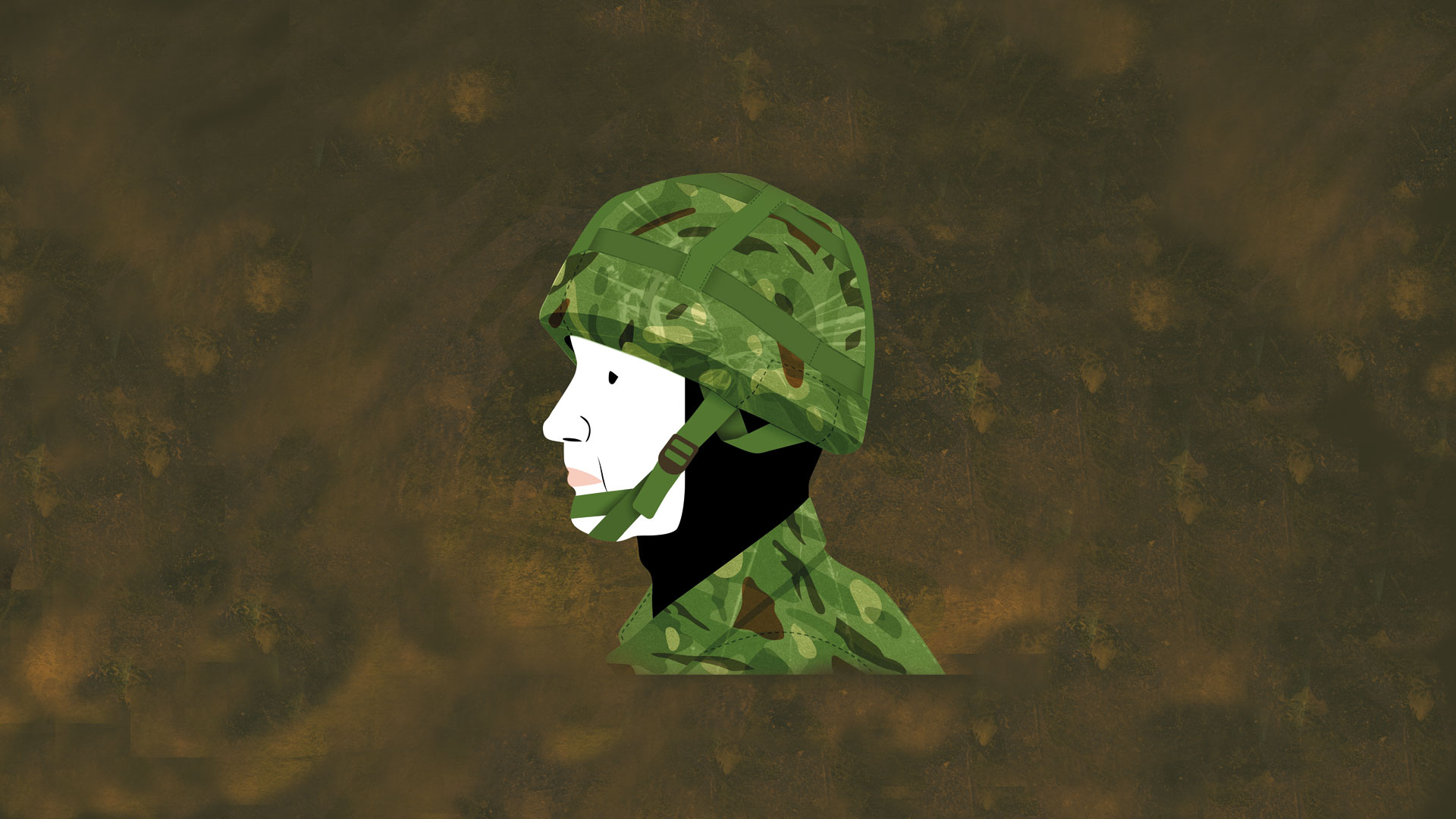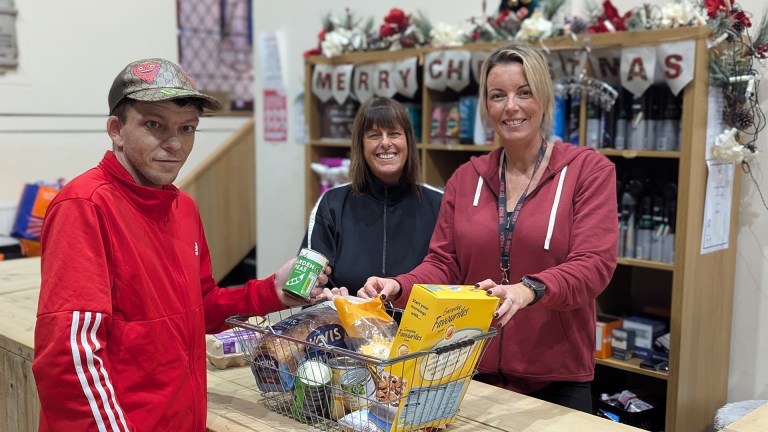Everybody wears a mask, metaphorically speaking. Our daily lives do not allow us to express our every thought or emotion, and more often than not, nor would we want to. Instead, we present a version of ourselves to the people we interact with; often it’s a different version presented to our friends, co-workers and families.
In this way, masking our true selves is not only useful, it is necessary for making our way through life when we perform multiple roles; parent, professional, confidante, lover. The problems start when we find ourselves hiding from the world, presenting a version of ourselves that becomes so unfamiliar, we no longer recognise who we really are. The concept of ‘impostor syndrome’ – when someone feels like a fraud in their own lives, unable to accept praise or the position they’ve earned – can be seen as a fear of the mask slipping and exposing one as ‘a fraud’.
The more stressful the situation, the more pressure there is to cope and hide behind a façade of ‘just getting on with it’.
So how can masks that conceal be used to reveal complicated emotional truths?
Our productions at Vamos Theatre are performed by actors in full mask, without words or even facial expressions. Our new production, A Brave Face, explores post-traumatic stress, an unseen and often unrecognised injury of war, and the impact it can have on even the closest of families.

When wearing a full mask you can’t speak, so all acting is done non-verbally – think of black-and-white silent movies.






